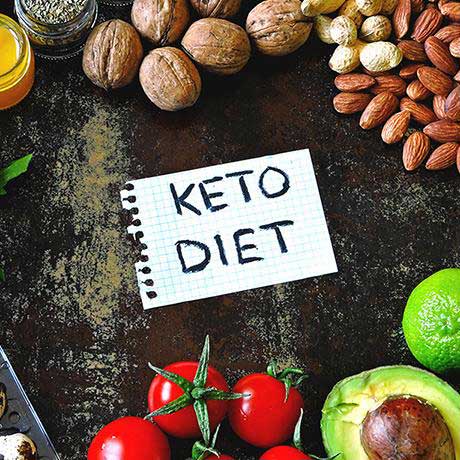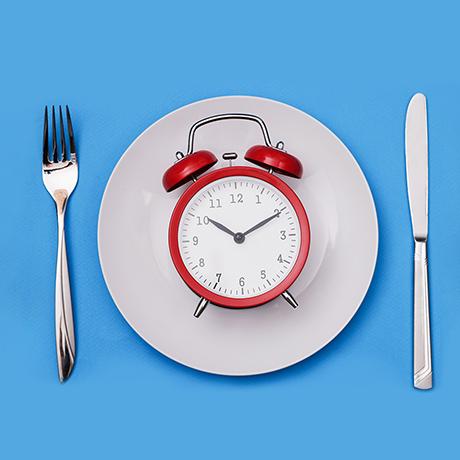Main takeaways
To conclude, the following table outlines foods you should and shouldn’t include when using the Mediterranean diet to help with weight loss:
| Foods to include | Foods to avoid |
|---|---|
|
|
Login to your account
The Mediterranean diet is considered to be a healthy approach to eating. It involves mostly vegetables, grains, legumes, and dairy - with a focus on whole, nutrient-dense foods rather than anything overly processed.
Keep reading to learn more about the details of the Mediterranean diet, and how it can act as a great tool for weight loss.
There is no precise definition of the Mediterranean diet, but we can consider it a dietary pattern based on traditional diets followed by Mediterranean countries.
The diet prioritises:

It also contains lower amounts of saturated fats (found in aminal products like meat and butter), and more unsaturated fats (found in vegetables, oils, seeds, and nuts).
Large observational studies Trusted source Wiley Online Library Peer-reviewed Journals Multidisciplinary Research Go to source have shown that weight did not increase when following a Mediterranean diet pattern, despite the relatively high fat content.
When it comes to weight loss, many studies Trusted source Taylor & Francis Online Peer-reviewed Journals Social Sciences and Humanities Go to source show a greater reduction in waist circumference and visceral fat with the Mediterranean diet (MD) compared with control diets when the MD diet was also energy-restricted.
This means that as long as you’re eating the correct number of calories for weight loss - the Mediterranean diet is an excellent option for slimming down.
Other health benefits of the diet include:
The Mediterranean diet mostly contains nutritious, whole foods. Click on the different food groups to find out some specific examples - aim to add 5-6 items to your next shopping list.
 Fruit and vegetables
Fruit and vegetables
Apples, apricots, avocados, bananas, cherries, dates, figs, melon, lemon, oranges, peaches, plums
Asparagus, aubergines, beetroot, broccoli, cabbage, cauliflower, dark leafy greens, cucumber, garlic, onion, green beans, mushrooms, onions, olives, squash, tomatoes
Dairy and eggsClick on the dots to select the different food groups and find out what each one contains.
If you’re planning to benefit both your overall health and your weight loss journey, why not try out this meal plan?

To accelerate your weight loss even further, consider exercising 2-3 times per week - whether it’s lifting weights, cardio, a home workout, or simply walking more.
Whilst this diet is not exclusively plant-based, following a vegetarian or vegan Mediterranean diet can be a tasty and satisfying way to eat. This is known as the green Mediterranean diet.

Most of the diet’s benefits are derived from its high content of vegetables, fruits, whole grains, legumes, nuts, and seeds. It is certainly possible to follow without the inclusion of meat and fish - just switch your protein sources for something veggie instead.
There are many ways of reaching your protein goal, even if you don’t eat meat or fish.
Some great sources include:
Proteins are made up of amino acids. While animal proteins contain all the amino acids (which are referred to as complete proteins), other sources of protein contain only some amino acids and therefore you will need to combine them to create a complete protein.
An example would be to combine beans with whole grains to have a complete protein. Eggs, yoghurt and cheese are complete proteins already.
According to research:
The green Mediterranean diet provided the best results in terms of weight loss and waist circumference reduction when compared to the standard Mediterranean diet.
Based on this study, you might consider cutting out meat and fish to further increase your weight loss.
To help progress on your weight loss journey whilst following the Mediterranean diet, avoid these common mistakes:
To conclude, the following table outlines foods you should and shouldn’t include when using the Mediterranean diet to help with weight loss:
| Foods to include | Foods to avoid |
|---|---|
|
|

What should I eat to lose weight? A comprehensive low-carb diet strategy by our leading nut...
Reviewed by Dr. Caroline Fontana
What should I eat to lose weight? Meal replacement shakes: do they work for weight loss?
Reviewed by Dr. Caroline Fontana
What should I eat to lose weight? Does the DASH diet work for weight loss?
Reviewed by Dr. Caroline Fontana
What should I eat to lose weight? The flexitarian diet: A beginner’s guide
Reviewed by Dr. Caroline Fontana
What should I eat to lose weight? 12 nutritionist tips to lose weight
Reviewed by Dr. Caroline Fontana
What should I eat to lose weight? How many calories should I eat a day?
Reviewed by Dr. Caroline Fontana
What should I eat to lose weight? Keto: does it really work for weight loss?
Reviewed by Dr. Caroline Fontana
What should I eat to lose weight? What is intermittent fasting and does it work for weight ...
Reviewed by Dr. Caroline Fontana